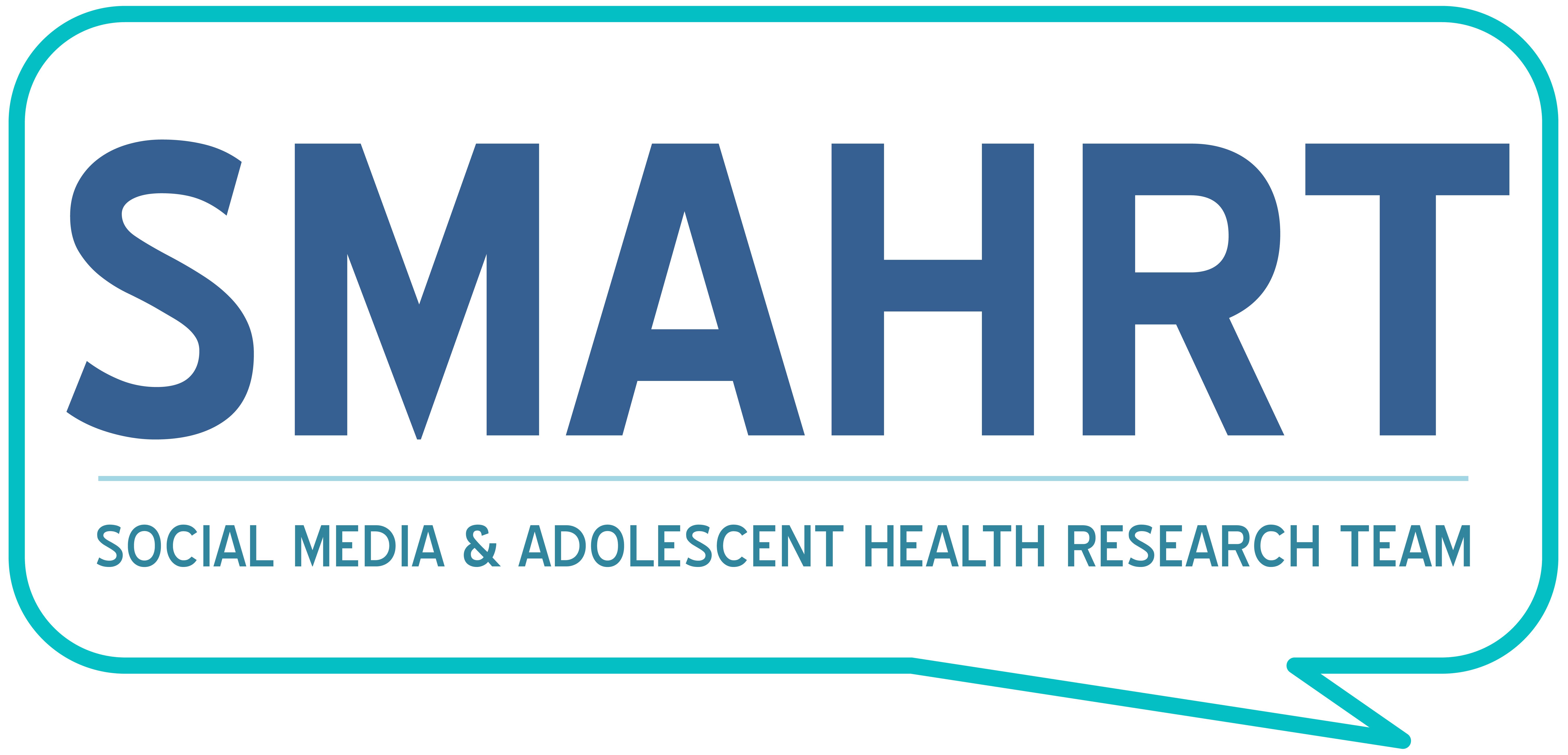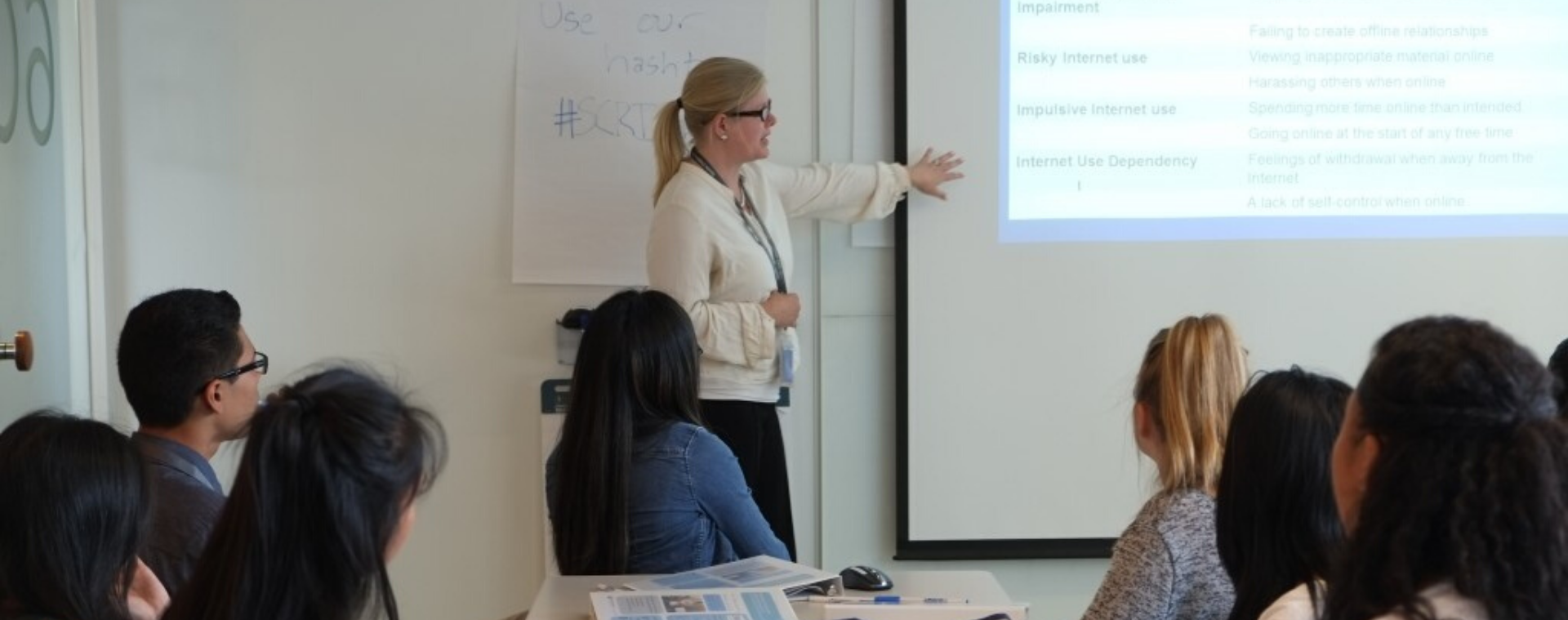
By: Grainne McDonagh, Lekha Pillarisetti, Sydney Trinrud, and Zoe Stratman
As teens working alongside social media researchers, we saw many flaws in how Facebook withheld important data regarding adolescent health and how journalists shared the story. We read the Wall Street Journal, Washington Post, and New York Times articles and listened to the Journal podcast before writing this post.
We aren’t shocked or surprised that Instagram can have an effect on body image in girls. As teenage girls, we have felt this, as well as, watched many of our friends go through similar experiences. It makes sense because Instagram has been framed and used for a long time to compare or quantify your worth/popularity using the numbers they provide to you (e.g. likes, comments, follower count, tagged posts).
However, Facebook and the journalists covering this story handled it all wrong.
Facebook had informative data and did nothing with it. They have the means to conduct rigorous research, but it doesn’t help anyone if it is only shared internally. Findings show that 6% of US users trace suicidal thoughts to Instagram. Twenty-one percent of US teens reportedly felt lonely due to the application. Instead of sharing this information with their users, they internally recognized their role: “We make body image issues worse for one in three teen girls.” This leaked information and response left us wondering “okay, now what.” As teens consuming this information, we want recommendations for what to do to protect ourselves.
Naturally we turned to journalists for these missing pieces. Instead the media sensationalized the story and caused fear in adults, which isn’t going to help anyone. Most of the news sources only included recommendations for parents, but none of the articles we read had any advice for teens. They completely failed to incorporate teen voices from different cultural and generational perspectives. Rather than being focused on blaming Facebook or putting the responsibility on parents (who may not be well versed in social media), more effort should be given to including teens in this conversation.
We are part of the very population that is being directly impacted. Why wouldn’t they want to hear from us?

